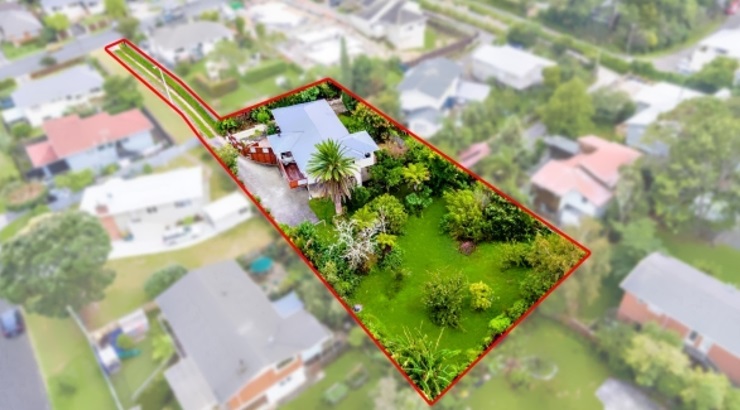Industry News
Kenya’s first ever land bank tipped to fight off speculators
Speculators normally sit on land without building anything, before selling it for a profit.

The government is in the process of establishing Kenya’s first ever land bank to serve local and international investors in a move aimed to address the challenges faced by investors seeking to acquire land for real estate projects.
The Ministry of Land is currently preparing to conduct a detailed audit of several government-owned entities to establish those that hold more land than they need, with a view to having them release the excess parcels to the land bank.
Some of the big institutions under the ministry’s radar include the Kenya Broadcasting Corporation, International Livestock Research Institute, East African Portland Cement Company, Kenya Prisons, the Ministry of Agriculture and Livestock, Numerical Machining Complex, and several public universities.
According to the ministry, whatever amount of land will be found to be in excess will be released and gathered together in a land bank that will contribute towards the State’s goal of provision of affordable housing to Kenyans.
“It is noted that quite a number of public institutions hold more land than they require. It is therefore proposed that they release the land for government projects. Institutional land will be audited and limited to certain acreages based on land use guidelines,” the Ministry said in a statement last month.
“Some of the institutions’ land happens to be very strategic and prime yet government projects lack space while members of the public consider the lands idle hence subject to invasions and squatter settlements.”
Basically, a land bank is a public or community-owned entity created to acquire, manage, maintain, and repurpose vacant, abandoned, and foreclosed properties.
READ: Inside Kenya’s Sh1 trillion plan to promote low cost housing
The purpose of land banks is to rehabilitate or demolish inadequate properties or get them into hands of new owners who will improve them in accordance with the long-term interests of the community.
The creation of a land bank is seen as a great way to defeat speculators who normally sit on land without building anything, then sell it for a profit – a malicious cycle that has abnormally raised prices of land across the country; making it impossible to build truly affordable houses.
“Land is traded many times over before it gets a developer, after which houses are marketed and sold off-plan – sometimes sold several times before they are even built,” John Mbogo, a Nairobi-based real estate agent, told Construction Kenya.
“You end up with a much distorted market. But it makes sense if you are an absentee landlord; why would you sell your vacant land for little money when you can sell it for an arm and a leg as a ‘proposed gated community’ with a golf course?”
According to Mr Mbogo, the government will not succeed in its low-cost housing plan if at all it will not address the issue of land prices.
“High land prices have made it all but impossible to build much of anything except luxury units,” he said adding that the current prices are beyond the reach of most Kenyans.
Aware of the market reality, the government has shortlisted 35 local and international companies to undertake a pilot low-cost housing project in Mavoko, Machakos County, which will serve as a prototype for a planned national rollout of a scheme that seeks to meet the housing needs of the low-income urban population.
Under the pilot project, a total of 8,000 low-cost two-and three-bedroom houses will be built on a 55-acre parcel of land that has been provided by the government – each of which will be sold to the public for between Sh1 million and Sh1.5 million.
A total of Sh2.6 trillion will be spent to build a million homes across Kenya in the next five years as the country seeks to bridge its national housing gap that currently stands at an estimated 1.85 million units.
According to the government, 800,000 houses will be built under the private public partnership (PPP) model while the remaining 200,000 homes will be built under a social housing scheme – where a unit will be sold for between Sh500,000 and Sh700,000.
The State has pledged to offer investors about 7,000 acres of land as part of an incentive package.












